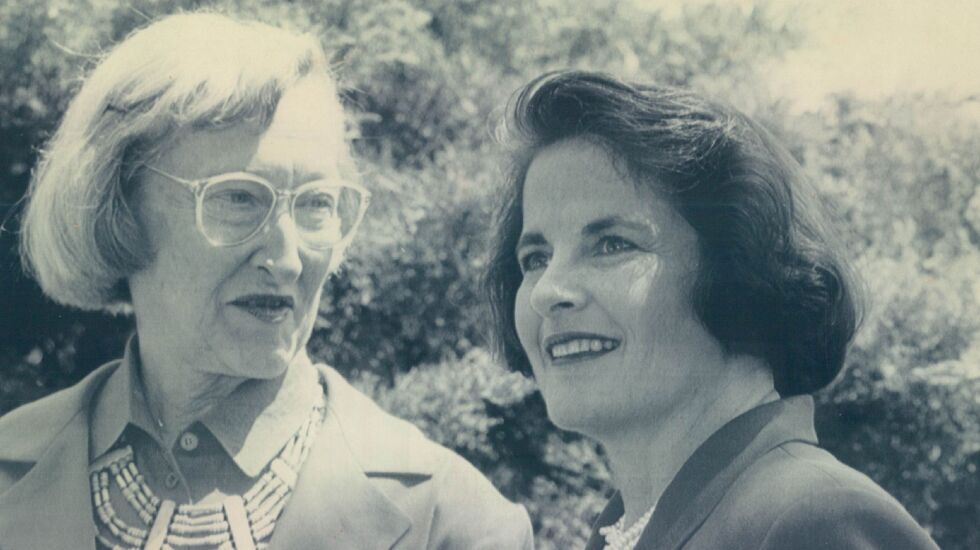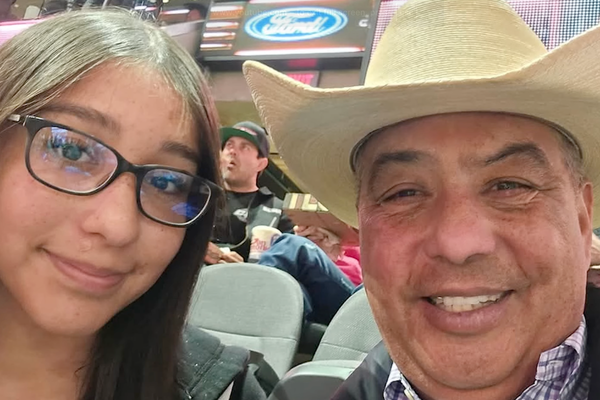
Twenty-three years ago, Loretta Durbin gathered a group of Illinois women attending the 2000 Democratic National Convention in Los Angeles with an idea. From her decades spent around politics and lawmakers in Springfield, Loretta saw a tremendous need for more Democratic women in elected offices. She knew the policy impact that women could have. So she pitched an idea: Illinois needed an organization that prepared Democratic, pro-choice women to run for elected office, serve as public policymakers and govern effectively in Illinois.
Since that moment, Illinois’ history of women in politics has been part and parcel of the legacy of the Illinois Women’s Institute for Leadership (IWIL) Training Academy.
A fierce group of women leaders were invited to help get Loretta’s idea off the ground. In 2002, IWIL was born. The group of founding mothers that Loretta gathered have been major forces in Illinois politics: Illinois Comptroller Dawn Clark Netsch was the first woman nominated for governor by a major political party; Margaret Blackshere was the first woman to serve as president of the Illinois AFL-CIO; Billie Jean Paige was one of the first Black women to lobby in Springfield.
Each year, we train a class of 12 women and provide them with expertise and support to put together winning campaigns. Our eight-month training brings together IWIL Training Academy’s delegates across Illinois and in Washington, D.C. for sessions led by industry experts and elected officials that focus on building skills, from communications strategy to advanced fundraising techniques and more.
Since our launch, we have trained 235 women. Our alumnae are making history in elective office or as public policy makers. Cheri Bustos, Class of 2006, was the first woman elected to Congress from Illinois’ 17th Congressional District and chaired the Democratic Congressional Campaign Committee. Juliana, Class of 2011, is Illinois’ first Black lieutenant governor and has led the Justice, Equity and Opportunity Initiative and chaired the Illinois Council on Women and Girls, which develops policy goals to address the systemic challenges facing women.
Theresa Mah, Class of 2013, was the first Asian American elected to the Illinois General Assembly. Josina Morita, Class of 2015, just became the first Asian American woman to serve on the Cook County Board. And Rachel Arfa, Class of 2017, is the first hearing-impaired commissioner of the Chicago Mayor’s Office for People with Disabilities. These are just a few of the many alumnae who have forged a path in Illinois government.
Each of us “firsts” vows we will not be the last. For example, we celebrated the recent appointment of state Rep. Robyn Gabel as the second woman to serve as majority leader of the Illinois House.
There is still plenty of room for us to make even more history. The reality is that women are more than half the state’s population, but we make up a little more than a third of our congressional delegation. Our state legislature has made great progress since both of us served in the General Assembly. Barbara was one of just 26 women members when she entered the chamber–-and now we are 73! But that number is well less than half of the 177 seats in the Assembly.
When the late Justice Ruth Bader Ginsburg was asked when there would be enough women on the U.S. Supreme Court, she famously said, “when there are nine.”
March, as Women’s History Month, is the perfect time to celebrate Illinois’ rich history of women in politics — and to recommit ourselves to investing even more in ensuring success for women at every level of government.
But we don’t confine ourselves to March–we do it each and every day, all the year round.
For more information or to apply, go to iwiltrainingacademy.org
Barbara Flynn Currie was the first woman majority leader in the Illinois House. She was a founding mother and the immediate past president of the IWIL Training Academy Board of Directors. Juliana Stratton is Illinois’ lieutenant governor, the first Black woman to hold this role, and an IWIL Class of 2011 alumna.
The Sun-Times welcomes letters to the editor and op-eds. See our guidelines.
The views and opinions expressed by contributors are their own and do not necessarily reflect those of the Chicago Sun-Times or any of its affiliates.







